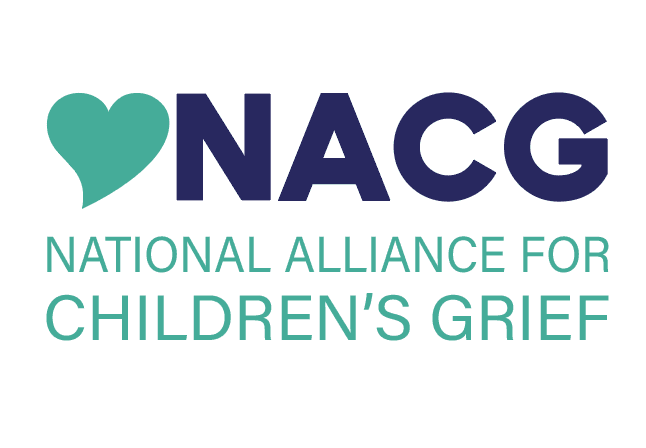Bin Laden’s death may not bring closure to September 11th victims’ loved ones, but more anger and victimization … Children’s Bereavement Center Executive Director Mindy Cassel, Ph.D., C.T., shares why.
In the aftermath of a loved one’s death, there are many occasions when grief is experienced with an intensity mimicking that of a recent loss. On occasions such as the anniversary of the death, and even during happy times in which the loved one is particularly missed, such as weddings or graduations, a powerful flood of emotions may be felt.
However, for those who suffer the traumatic loss of a loved one by homicide, reminders may bring more than an onslaught of grief and sadness. For the families and friends of the almost 3,000 murdered on 9/11, the news reports and publicity, including the killing of Osama Bin Laden, may refuel feelings of anger and victimization, contributing to retraumatization.
It is often anticipated that once justice has been achieved following a murder, there will be a sense of “closure.” But for most, closure is an illusory; the end of a trial or death of a murderer does not mean the end of grief, the end of anger, or the end of trauma. Closing one chapter of the saga that one experiences following a murder often leaves a person feeling let down. “Justice” does not necessarily seem fair, or bring a sense of peace, or hope for a brighter future. Expecting “closure” can thus be hugely disappointing.
More often, the feelings that have been reignited and the trauma that has been revisited is an emotionally exhausting process. It is not uncommon that after the murderer has been brought to justice, the family may feel drained and empty. The fight may be over, but the grief remains forever.
Adjusting to a loss and the trauma associated with it is a long-term multidimensional process. Although there may be some relief after a murderer is convicted or killed, the grief is never ending. Although grief may diminish in intensity, as the loss is integrated it alters one’s perspective, and is revisited throughout the lifetime. There is adjustment to the loss of the physical presence of the loved one, and a shifting of the relationship to a spiritual plane. On another level, there is a rebuilding of a life that has been unexpectedly shattered, slowly putting the pieces back together, although never the same as before.
Giving up the anger is a large adjustment, as well. It means refocusing one’s energy on creating a meaningful legacy. Grieving and integrating the loss redefines the relationship and leads to healing. It is through this transition that one discovers the hope and strength to look to the future.
May 2, 2011 | Mindy Cassel, Ph.D., C.T.
For comments regarding this article contact:
Mindy Cassel, Ph.D., C.T.
Executive Director
Children's Bereavement Center
7600 S. Red Road, Suite 307
South Miami, FL 33143
mecassel@childbereavement.org
305-668-4902







